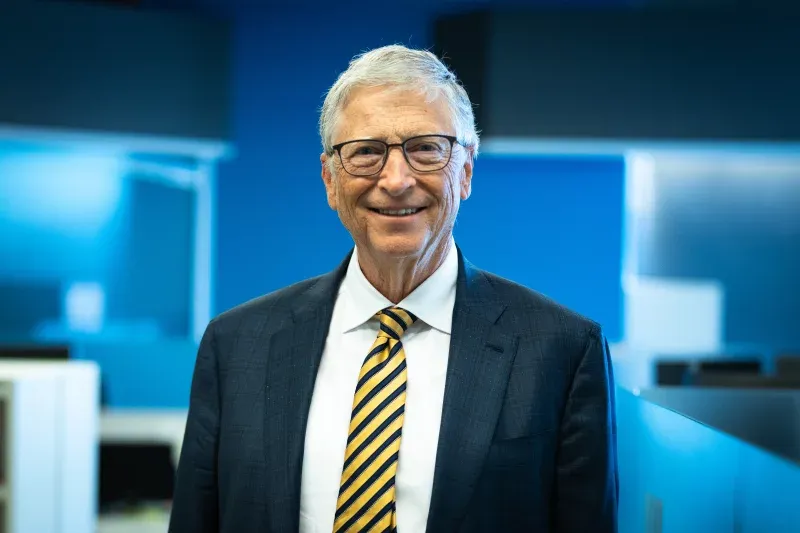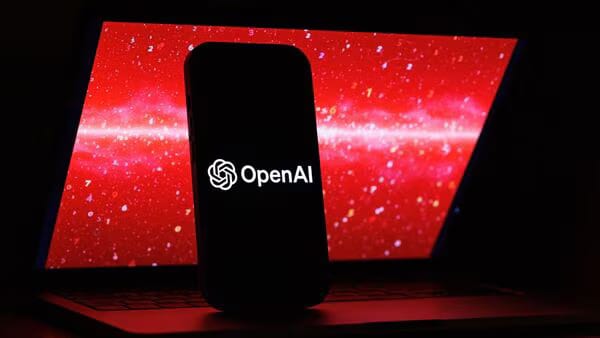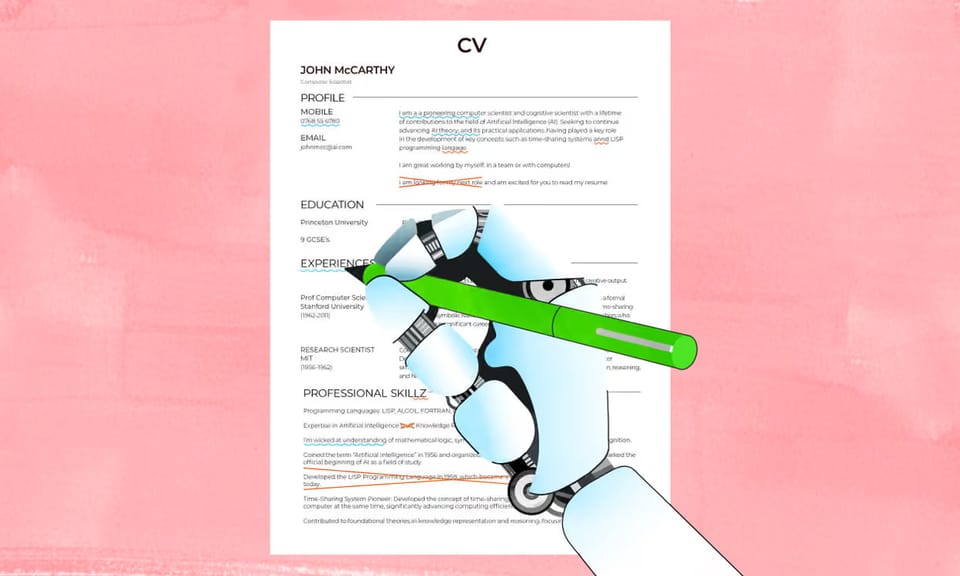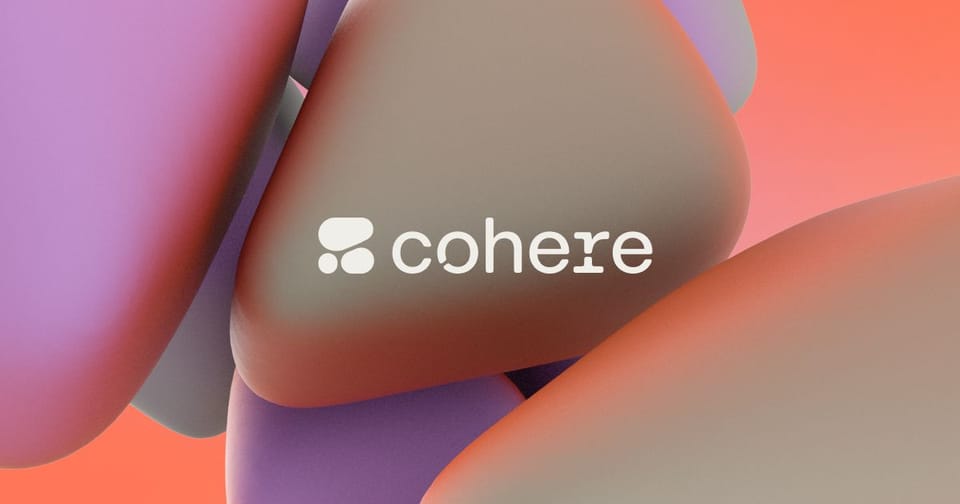$1 Million in AI Innovation to Crack Alzheimer’s Code?


Alzheimer’s has been one of medicine’s most stubborn enemies. Imagine trying to beat a video game boss for 100 years, burning through billions of dollars, and the best you’ve managed is a slightly stronger wooden sword. That’s where we are.
Researchers have tried drugs, diets, and everything short of giving patients kale smoothies infused with unicorn tears, and still, Alzheimer’s keeps winning. Now Bill Gates has thrown a million bucks on the table like he’s hosting a high-stakes poker game, daring AI to step up and say, “Hold my beer.”
At first glance, it sounds like classic marketing fluff. Another shiny tech contest. Another million-dollar prize, which, let’s be real, is basically Bill Gates digging around the couch cushions. Why should you care? Because the winning AI tools don’t stay locked away like grandma’s fine china.
They go straight to an open platform called the AD Workbench, which is basically a buffet where every scientist, lab, or desperate grad student can pile their plate high without paying. That means the fancy algorithms that normally end up trapped in Big Pharma’s vaults could actually get used by anyone, anywhere.
Yes, even by that one researcher working out of a basement lab with nothing but a microscope and crippling student debt. They want AI that doesn’t just analyze data but behaves like the overachieving group project partner we all secretly hated in school.
These systems should plan experiments, reason through complex problems, and basically do science without needing pizza bribes to stay awake. They aren’t competing with one company in particular, but they’re definitely challenging the old, slow, and secretive research model that has made Alzheimer’s progress feel like watching paint dry.
It’s like telling Big Pharma, “Hey, we’re giving away the answers to the test for free, so maybe stop hoarding the crayons.” Now let’s talk about you. You’re not a scientist. You’re a CEO, a VP, a middle manager, or just some guy in sweatpants who forgot what he came into the kitchen for.
Why should you care? Because Alzheimer’s isn’t a distant problem, it’s everywhere. More than 55 million people already have it, and if nothing changes, that number could triple by 2050. Translation: if you don’t know someone with Alzheimer’s now, odds are you will soon.
For companies, it means rising healthcare costs and employees juggling careers while being unpaid caregivers. For everyday people, it comes down to whether your parents, partner, or even yourself might one day lose the memories that give life its value.
For communities, it’s about whether your local hospitals can handle the tidal wave of cases or collapse faster than my New Year’s gym resolution. Even if this contest doesn’t lead to a miracle cure tomorrow, the ripple effects could be massive.
If AI can dig through messy medical data and find hidden patterns, what’s stopping it from eventually managing your supply chain, predicting your customers’ next move, or even planning your next vacation better than you? Alzheimer’s is just the test run. If AI can wrestle with one of medicine’s hardest puzzles, then yes, maybe it can finally fix your company’s broken Slack threads too.
The real questions you should be asking are: Can AI actually move the needle here, or is this just another round of tech hype like when we were told 3D TVs would change our lives? If AI can think and act like a scientist, where else will it start showing up? In your boardroom? On your team? Sitting in the next cubicle, making you look bad because it never takes coffee breaks? And if these tools are open and free now, how long until someone slaps a price tag on them bigger than your rent?
This contest isn’t just about the million-dollar prize. It’s about testing whether AI can finally do what humans alone haven’t managed: outthink Alzheimer’s. And the stakes aren’t just scientific. They’re about giving people back their memories, their time, and their dignity. Which is a lot more valuable than another iPhone that takes slightly better selfies.
Will this kind of AI finally give us a fighting chance against Alzheimer’s and change the way we work and live, or will it end up as just another buzzword with a trophy? And how would it actually affect you, your family, your company, or your community?
- Matt Masinga
*Disclaimer: The content in this newsletter is for informational purposes only. We do not provide medical, legal, investment, or professional advice. While we do our best to ensure accuracy, some details may evolve over time or be based on third-party sources. Always do your own research and consult professionals before making decisions based on what you read here.




